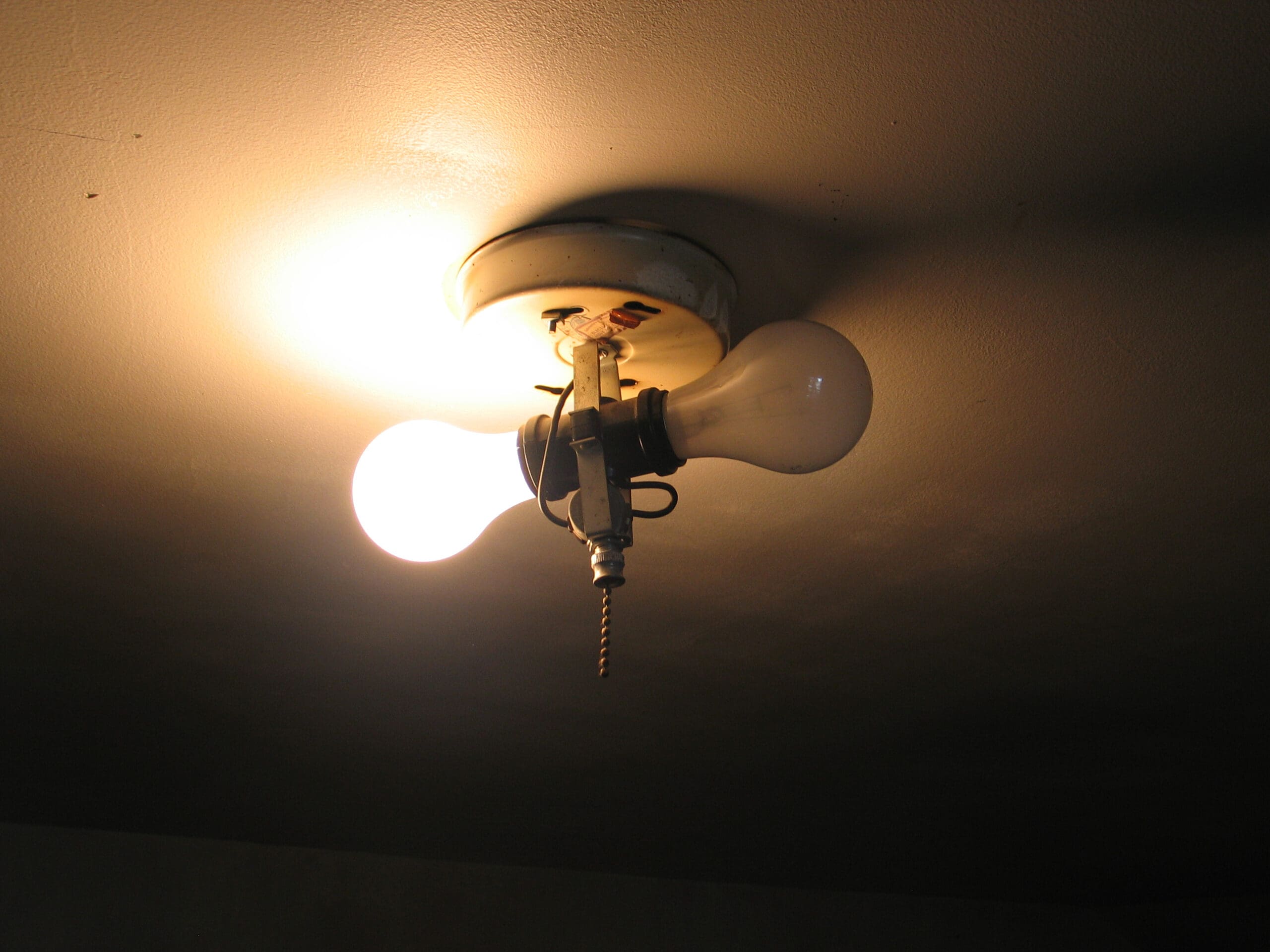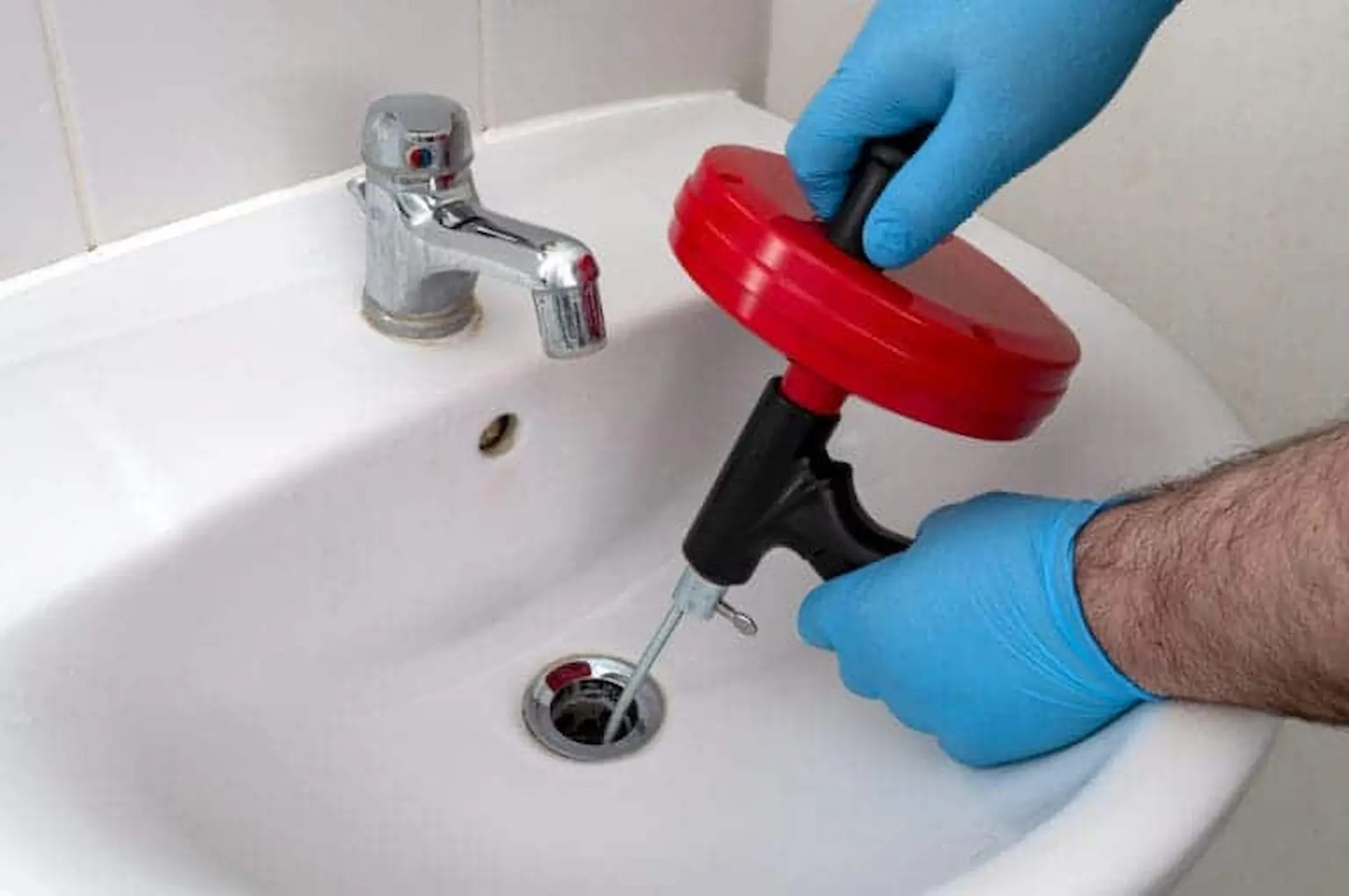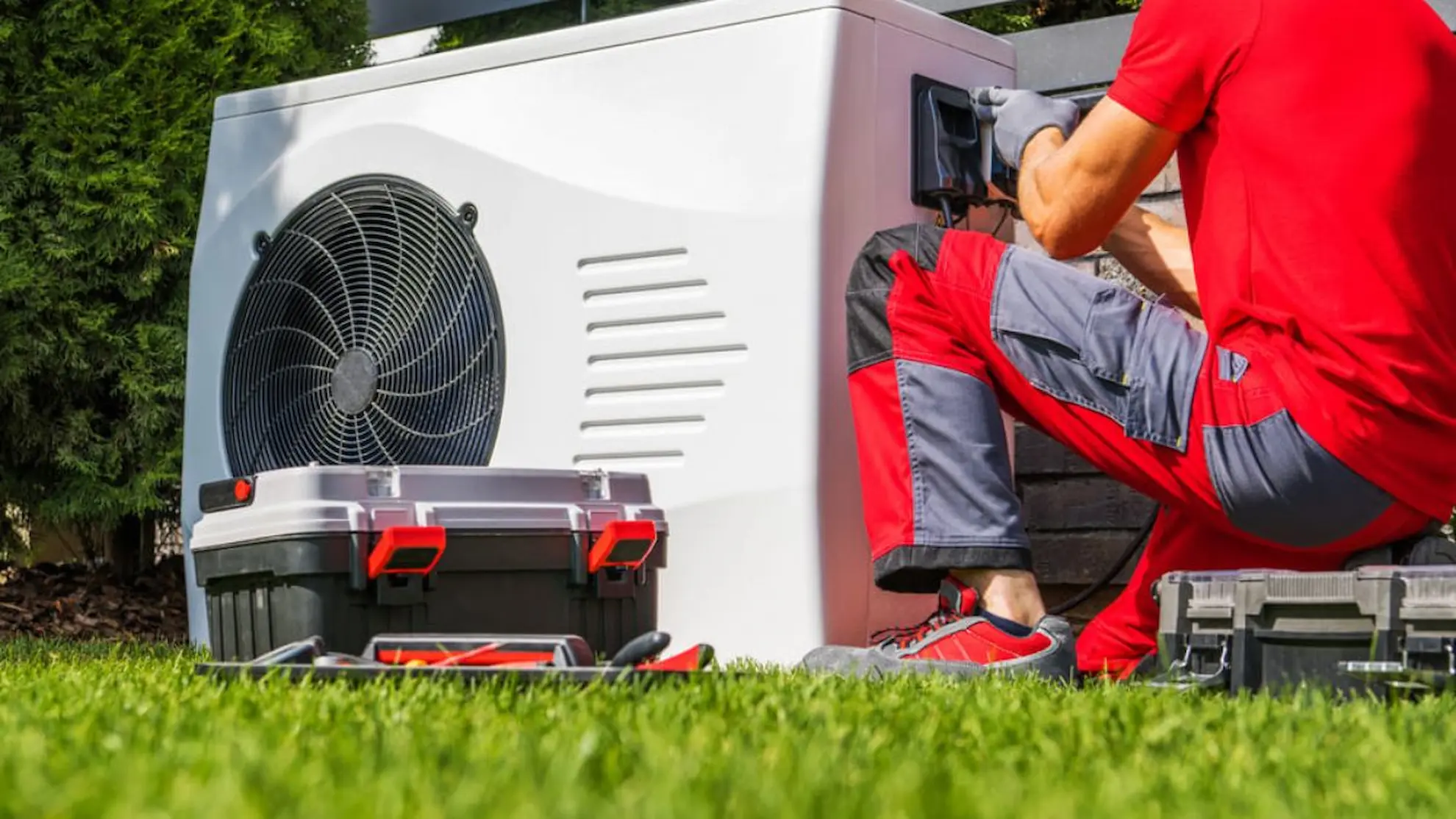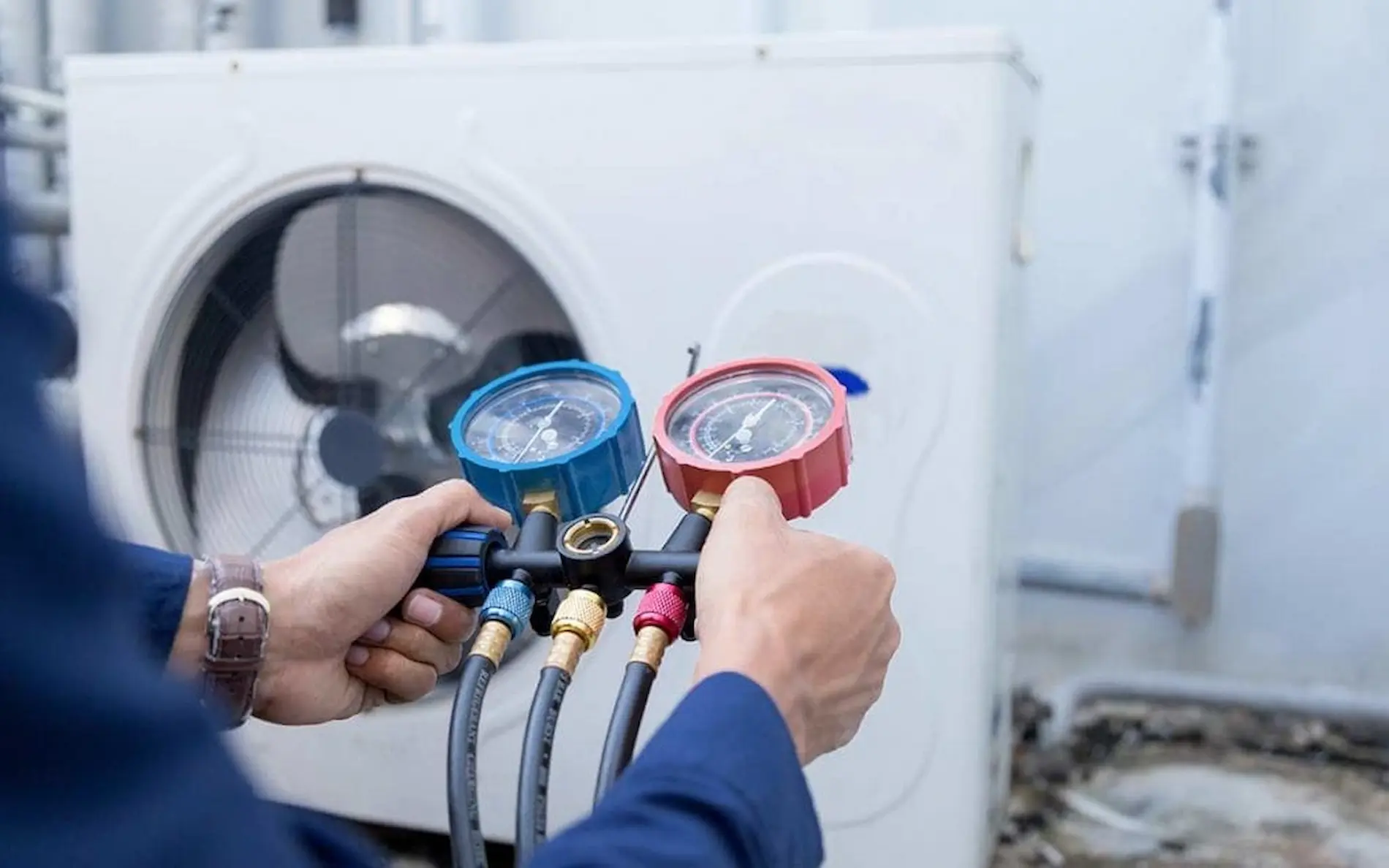4.8

Why Do My Light Bulbs Keep Burning Out?
Have you ever found yourself constantly replacing light bulbs? You might install a new bulb, only to find it burned out within a few weeks or even days. This can be both frustrating and costly. Understanding why light bulbs burn out can help you take the necessary steps to prevent it. In this blog, we’ll explore common reasons why light bulbs keep burning out, provide tips on how to address these issues and tell you when you need lighting repair services.
Common Causes of Light Bulbs Burning Out
Overheating
One of the most frequent reasons for a burned-out light bulb is overheating. When a bulb operates at a higher temperature than it is designed for, it can burn out quickly. This often happens when a bulb with a higher wattage than recommended is used in a fixture. To avoid this, always check the maximum wattage for your light fixtures and use bulbs that match or are below this limit.
Voltage Issues
Excessive voltage can cause light bulbs to burn out quickly. If your home experiences voltage fluctuations, this could be the culprit. Light bulbs are designed to operate within a specific voltage range, and any significant deviation can shorten their lifespan. To diagnose and fix voltage issues, consider hiring a professional electrician who can measure the voltage in your home and recommend solutions, such as installing voltage regulators.
Loose Connections
Loose connections in the light fixture or the wiring can lead to intermittent power supply to the bulb, causing it to flicker and eventually burn out. If you notice that light bulbs keep burning out in the same socket, it could indicate a loose or faulty connection. Ensuring that all connections are secure and that the wiring is in good condition can help prevent this problem.
Vibration and Impact
Areas subject to constant vibration, such as ceiling fans or garage door openers, can cause light bulbs to burn out prematurely. The filament inside an incandescent bulb is fragile and can break easily due to vibrations. For such areas, consider using rough service bulbs or LED bulbs, which are more resistant to vibration and impact.
Improper Bulb Handling
Touching the glass of a light bulb with bare hands can leave oils that create hot spots on the bulb’s surface. These hot spots can cause the bulb to overheat and burn out faster. Always handle bulbs with clean gloves or a cloth to avoid transferring oils from your skin.
Age of the Bulb
Sometimes, light bulbs burn out simply because they have reached the end of their lifespan. Every bulb has a rated lifespan, and if your bulbs are burning out, it might be time to switch to new ones. Consider using energy-efficient bulbs like LEDs, which have longer lifespans and lower energy consumption.
What Happens When a Light Bulb Burns Out?
When a light bulb burns out, the filament inside the bulb breaks, interrupting the electrical circuit and causing the bulb to stop emitting light. In LED bulbs, a different mechanism occurs, such as the degradation of the diode. Burned-out light bulbs can sometimes be a symptom of underlying electrical issues, so it’s important to investigate the cause to prevent future occurrences.
How to Prevent Light Bulbs from Burning Out Quickly
Use the Right Bulbs
Ensure you are using the correct type and wattage of bulbs for your fixtures. Check the fixture’s specifications and choose bulbs accordingly. For high-vibration areas, opt for vibration-resistant bulbs.
Check Electrical Connections
Regularly inspect and tighten the connections in your light fixtures. If you are not comfortable doing this yourself, hire a licensed electrician to perform a thorough inspection and repair any loose or faulty wiring.
Install Surge Protectors
Protect your light bulbs and other electrical appliances from voltage surges by installing surge protectors. These devices can help regulate the voltage and prevent damage caused by fluctuations.
Handle Bulbs Properly
Always handle light bulbs with clean gloves or a cloth to avoid transferring oils from your skin. This can help prevent overheating and extend the lifespan of your bulbs.
Upgrade to LEDs
Consider upgrading to LED bulbs in your lighting. LEDs are more energy-efficient, have longer lifespans, and are less susceptible to damage from vibrations and temperature changes compared to incandescent and CFL bulbs.
Conclusion
Dealing with burned-out light bulbs can be a hassle, but understanding the causes and taking preventive measures can help you avoid frequent replacements. Whether it’s ensuring you use the correct wattage, checking for loose connections, or upgrading to LEDs, there are several ways to extend the life of your light bulbs and keep your home well-lit.
If you continue to experience issues with your light bulbs burning out, it might be time to call in the experts. Lazer Home Services is here to help with all your plumbing, electrical, and HVAC needs. Our experienced professionals can diagnose and fix any electrical problems you may have, ensuring your home is safe and efficient. Contact us today to schedule a service and keep your home running smoothly.
Recent News

Residential Drain Cleaning in Des Moines | Lazer Home Services

Heat Pump Repair and Installation Solutions in Des Moines.

How to Detect Hidden Pipe Leaks | Lazer Home Services

5 Early Warning Signs Your Home Plumbing Needs Urgent Attention

Plumbing Maintenance Checklist Des Moines | Lazer Home Services

Leak Detection and Repair in Des Moines | Lazer Home Services

